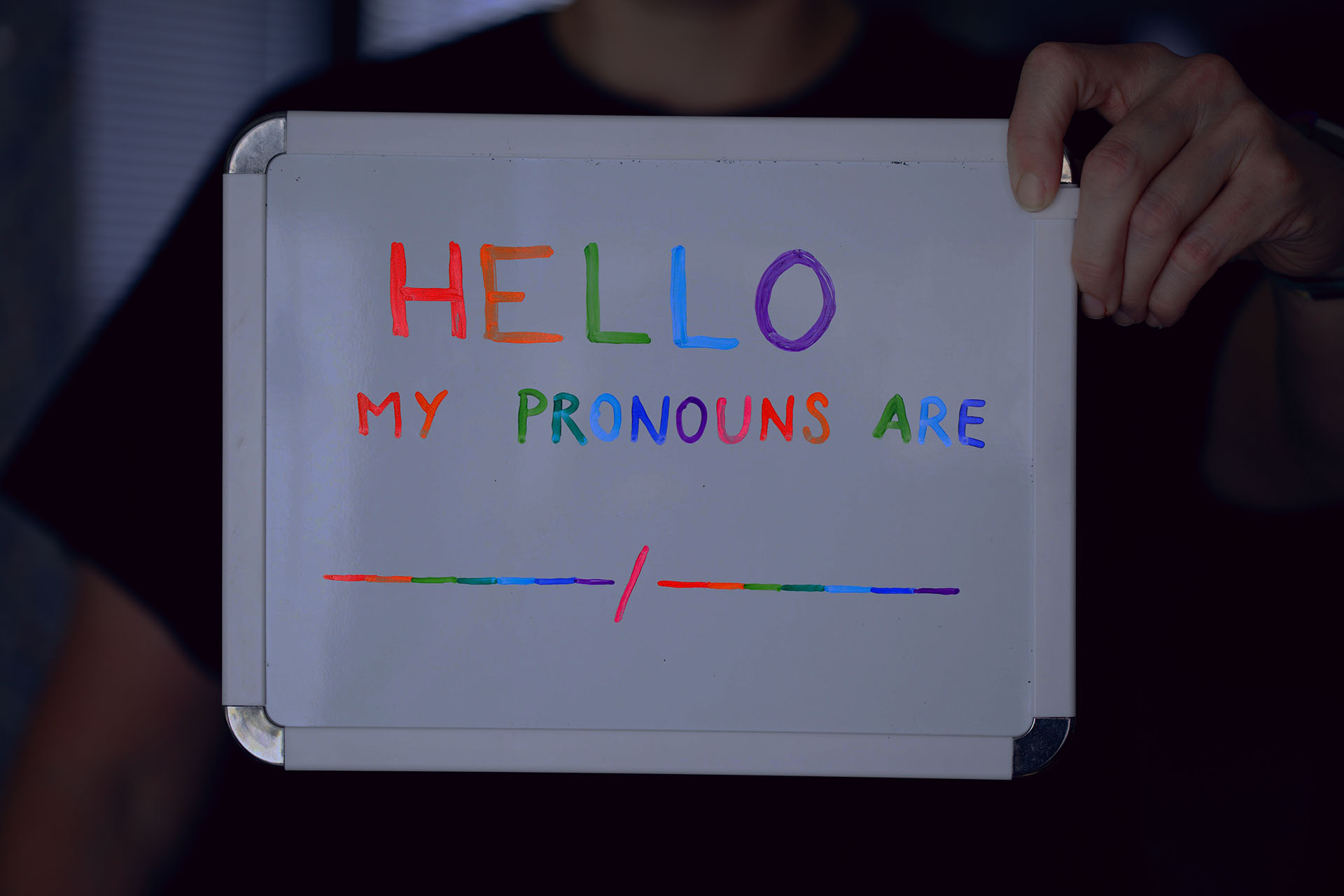Custody battles can be emotionally taxing for all parties involved, but when it comes to transgender children, the situation becomes even more complex. The legal system has struggled to keep up with the evolving understanding of gender identity and how it relates to custody battles.
We will delve into the intricacies of transgender child custody cases, including the role of law and gender-affirming care in such cases. We will also take a closer look at how Florida and California are handling these cases, and emerging issues that are shaping decisions in this area.
Understanding the Complexity of Transgender Child Custody Cases
Custody battles involving transgender children have seen a significant rise as the number of individuals identifying as transgender increases. A June 2022 Pew survey that found 5.1% of adults under 30 identifying as transgender or nonbinary. However, the legal system faces numerous challenges in determining custody arrangements for transgender children.
One of the key factors in these disputes is gender identity, which can heavily influence the outcomes. It is crucial to prioritize the best interests of the child in these complex cases, taking into account their unique needs and circumstances. Navigating custody agreements and family law in the context of transgender child custody requires a deep understanding of gender identity and the child’s best interest. Attorneys and judges must consider the child’s emotional well-being, physical harm, and the potential impact of affirming parenting practices and gender transition.
Additionally, jurisdictional issues may arise when parents reside in different states, posing further complexity. Overall, it is imperative to approach transgender child custody cases with sensitivity, empathy, and a commitment to ensuring the child’s best interest.
The Role of Law in Transgender Child Custody Disputes
Legal frameworks play a vital role in determining the outcomes of custody disputes involving transgender children. When it comes to these cases, courts must consider the unique needs and experiences of transgender children. It’s important to note that laws regarding custody agreements may vary from state to state, so it’s crucial for legal professionals to have a deep understanding of the specific jurisdiction in which the case is being heard.
Additionally, the enforcement of court orders is essential in ensuring parental rights and maintaining custody arrangements. By upholding the law and considering the best interests of the child, the legal system can help provide stability and protection for transgender children in custody disputes.
The Influence of UCCJEA on Child Custody Jurisdiction
The Uniform Child Custody Jurisdiction and Enforcement Act (UCCJEA) has a significant impact on child custody cases involving transgender children. This act provides clear guidelines for determining which state has jurisdiction over custody matters, ensuring consistency and preventing conflicting custody orders. Understanding the UCCJEA is crucial when navigating custody disputes involving transgender children, as it helps parents and legal professionals determine the appropriate legal system to address custody agreements.
By prioritizing the child’s best interests, the UCCJEA aims to promote legal uniformity in child custody determination regardless of the child’s gender identity or the parents’ custody preferences. This act plays a vital role in protecting transgender children from physical harm and affirming their gender transition. By adhering to the UCCJEA guidelines, courts can make informed decisions that prioritize the child’s well-being and ensure their rights are upheld.
Impact of Gender-Affirming Care on Child Custody Battles
Gender-affirming care can be a contentious topic in transgender child custody battles. The medical treatment a child receives plays a significant role in custody decisions. Courts must consider the child’s health and well-being when assessing custody arrangements. The availability and affordability of gender-affirming care also have an impact on custody outcomes. It is important for courts to prioritize the child’s best interest and ensure that they receive appropriate medical care for their gender dysphoria.
Custody agreements should consider the unique needs of transgender children and provide for joint legal custody when possible. Last year, there were several cases where parents’ custody rights were challenged due to their child’s gender transition. Balancing the child’s medical needs with the parents’ custody rights requires careful consideration of the child’s best interest.
How are Florida and California Handling Transgender Child Custody Cases?
Florida and California approach transgender child custody cases differently, with each state having its own policies and guidelines. Understanding the specific laws in these states is essential for parents involved in custody disputes.
California’s Stance on Denial of Gender-Affirming Care
Denial of gender-affirming care in California can have repercussions in custody decisions. When determining custody arrangements, courts may prioritize a child’s access to necessary medical treatment. It’s crucial for parents involved in custody battles to understand how denying gender-affirming care can impact their case in California.
The state prioritizes the best interest of the child, and denying them access to gender-affirming care may be seen as contrary to that principle. California recognizes the importance of affirming a child’s gender identity and ensuring their well-being through appropriate medical treatment. In 2022, Governor Gavin Newsom signed Senate Bill 107. This law requires California courts to obtain jurisdiction in a child custody case where a transgender child is unable to get gender-affirming care due to another state’s laws.
Florida’s View on Sex-Reassignment Treatment
Florida’s perspective on sex-reassignment treatment plays a significant role in custody decisions involving transgender children. When determining custody arrangements, Florida courts prioritize the child’s best interest and overall well-being, but view gender-affirming care differently.
In fact, Governor Ron DeSantis recently signed Senate Bill 254, which restricts gender-affirming care of minors and adults. The bill includes a provision that grants Florida family law courts “temporary emergency jurisdiction” to remove a minor who “has been subjected to or is threatened with being subjected to” gender-affirming care in Florida.
Therefore, parents engaged in custody battles must have a clear understanding of how Florida perceives sex-reassignment treatment. By familiarizing themselves with Florida’s stance, parents can navigate the legal system more effectively and make informed decisions about their child’s future.
Is there a compromise between childcare and legal uniformity?
Striking a balance between the best interests of the child and the need for legal consistency can be challenging in transgender child custody cases. Courts must consider the child’s well-being and the importance of consistent custody determinations. Finding a compromise that addresses these factors is crucial in custody disputes involving transgender children.
As society continues to progress and understand the importance of LGBTQ+ rights, it is essential that we approach transgender child custody cases with sensitivity, empathy, and a commitment to the well-being of the children involved. By staying informed about the legal landscape, and emerging issues, we can work towards creating a more equitable and supportive environment for transgender families.



